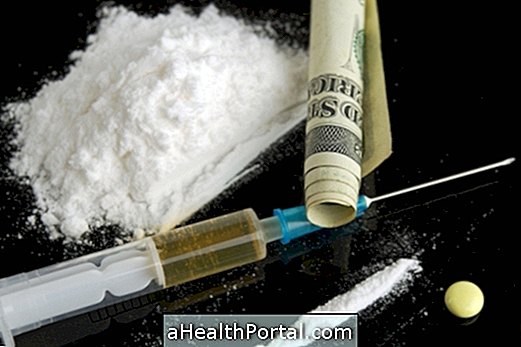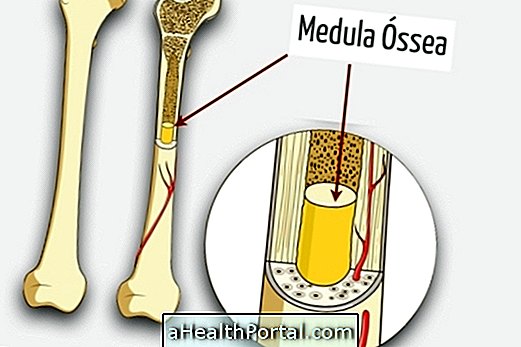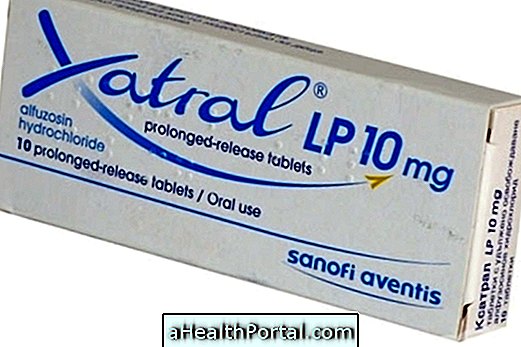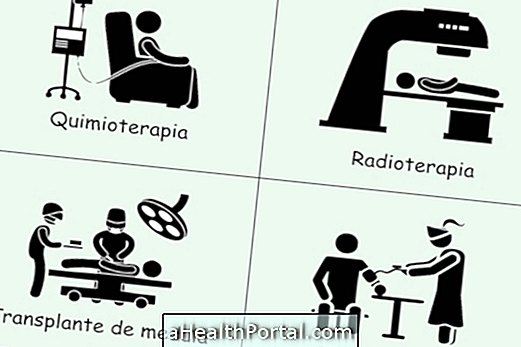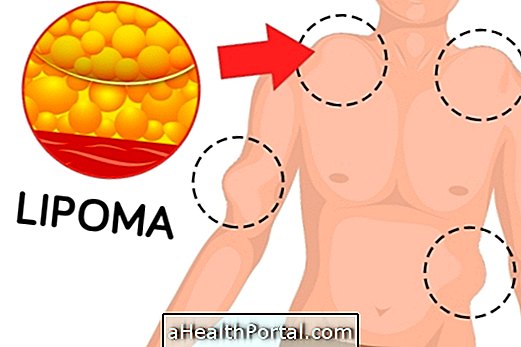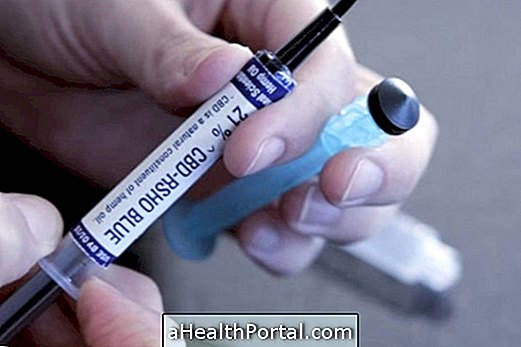Some diseases like Hepatitis B and C, AIDS and Syphilis permanently prevent the donation of blood, since they are diseases that can be transmitted by the blood, being possible the infection of the person who receives it.
In addition, there are also situations where you may be temporarily prevented from donating, especially if you have risky behaviors such as multiple sexual partners or illicit drug use that increase the risk of sexually transmitted diseases, if you have genital or lip shing or if you have traveled recently out of the country, for example.

When I can never donate blood
Some of the diseases that permanently prevent blood donation are:
- HIV or AIDS virus infection;
- Hepatitis B or C;
- HTLV, which is a virus of the same family as the HIV virus;
- Diseases that are treated with lifelong blood products;
- You have blood cancer such as lymphoma, Hodgkin's disease or leukemia for example;
- Chagas disease;
- Malaria;
- I use injectable drugs - See which are the most common diseases caused by drugs.
In addition, in order to donate blood it is necessary that the person is over 50 kg and is between 16 and 69 years old, and in the case of persons under 18 years of age must be accompanied or authorized by the legal guardian. The donation of blood lasts for 15-30 minutes and about 450 ml of blood is collected. See who can donate blood.
Men can donate every 3 months while women should wait 4 months between each donation due to blood loss due to menstrual period.

Situations that temporarily prevent donation
In addition to the basic requirements such as age, weight and good health there are some situations that can prevent donation over a period ranging from a few hours to a few months, such as:
- Intake of alcoholic beverages, which prevents donation for 12 hours;
- Infections, common cold, flu, diarrhea, fever, vomiting or tooth extraction, which prevents donation in the following 7 days;
- Pregnancy, normal delivery, by cesarean section or abortion, where it is not recommended to donate between 6 and 12 months;
- Performing a tattoo, putting on some piercing or performing some acupuncture treatment or mesotherapy, which prevents donation for 4 months;
- Multiple sexual partners, drug use or sexually transmitted diseases, such as syphilis or gonorrhea, where donation is not allowed for 12 months;
- Performing exams of endoscopy, colonoscopy or rhinoscopy, which prevents donation between 4 to 6 months;
- History of bleeding problems;
- Blood pressure out of control;
- History of blood transfusion after 1980 or transplant of cornea, tissues or organs, which prevents donation for approximately 12 months;
- Have or have had any cancer that has not been in the blood, such as thyroid cancer, for example, which prevents donation for approximately 12 months after the complete cure of cancer;
- History of heart attack or heart surgery, which prevents donation for 6 months;
- You are having cold sores, ocular or genital herpes, being the donation unauthorized as long as you have symptoms.
Another factor that may temporarily prevent blood donation is out-of-country travel, whose time can not be donated depends on the most common diseases in that region. So if you have taken a trip in the last 3 years, talk to your doctor or nurse to see if you can donate blood.
